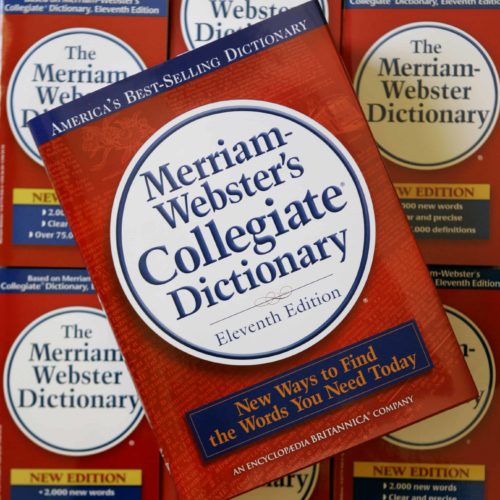Introduction
“Super PAC” is officially legit.
Making good on a promise, language authority Merriam-Webster recently published an entry for “super PAC” in its online unabridged dictionary — a subscription-only product. Inclusion of “super PAC” in its free online dictionary is forthcoming, Associate Editor Kory Stamper told the Center for Public Integrity.
The Merriam-Webster entry reads:
Super PAC, noun: a type of political action committee that is legally permitted to raise and spend larger amounts of money than the amounts allowed for a conventional PAC; specifically: an independent PAC that can accept unlimited contributions from individuals and organizations (such as corporations and labor unions) and spend unlimited amounts in support of a candidate but that cannot directly contribute money to or work directly in concert with the candidate it is supporting
The entry also includes quotations from campaign finance reform advocate Fred Wertheimer and New York Times reporter Nicholas Confessore to illustrate the use of “super PAC” in speech and writing.
Oxford Dictionaries and Associated Press Stylebook have previously inked “super PAC” entries in their respective publications.
Such a lexicographic development is, perhaps, no surprise: Super PACs have become electoral politics’ white-hot stars since the Supreme Court’s Citizens United v. Federal Election Commission decision in 2010 helped facilitate their creation later that year.
Together, super PACs raised more than $828 million and spent $609 million during the 2012 election cycle, according to the Center for Responsive Politics. These groups already have spent tens of millions of dollars more during the 2014 midterm election cycle, Federal Election Commission records indicate.
Super PACs have permeated popular culture, too, as key plot points in television serials from Netflix’s “House of Cards” to ABC’s “Castle.”
No single show, however, boosted public awareness of super PACs quite like Comedy Central’s “The Colbert Report.”
In the name of satire, comedian Stephen Colbert created his own super PAC, using it as a vehicle to incessantly poke fun at the nation’s campaign finance system.
But credit Roll Call reporter Eliza Newlin Carney, then writing for National Journal, for coining the term “super PAC” as we know it. She did so as shorthand for the painfully clunky term “independent expenditure-only political committee,” a.k.a., IEOPC — the formal name for a super PAC, so far as the federal government is concerned.
Carney’s creation sure stuck: News tracking service LexisNexis, for example, cites more than 2,500 instances of publications writing “super PAC” since the beginning of 2014.
Read more in Money and Democracy
Primary Source
Ready for Hillary courts super PAC skeptics
Democratic donors deliver for pro-Clinton group despite displeasure with ‘Citizens United’
Primary Source
Pro-transparency tea party activist trounced
David Hale called for NASCAR-style disclosures of congressmen’s PAC backers



Join the conversation
Show Comments